What Changes After 65?
Did you ever wonder how a medication could be both a lifesaver and, honestly, a bit of a hassle at the same time? That’s exactly the vibe with Eliquis when it shows up in the lives of our parents, grandparents, or maybe…even you. As we get older, little daily mishaps—like a stubbed toe or the classic “I bumped into the table again”—aren’t always so little, especially with a blood thinner in the mix.
Let’s get right into it… because nobody needs another boring “what is Eliquis” introduction. If you’re here, chances are you or someone you love is on it, and you want to keep it that way, but without any scary surprises. Trust me, you’re not alone. My own mom once called me freaking out after a nosebleed that just wouldn’t quit; turns out, she’d started Eliquis the week before and hadn’t made the connection. Sound familiar?

Why Eliquis Is a Bit Different for Seniors
What’s Really Happening in Our Bodies?
First, let’s set the scene. Eliquis (its fancy pharmacy name is apixaban) is a common prescription for folks dealing with atrial fibrillation (that wobbly heartbeat issue), or after a knee or hip replacement. Basically, it stops blood from forming those dangerous clots. Pretty great, right? But, like everything else, our bodies start seeing things differently after 65-ish. Kidneys slow down—so the drug hangs around longer. And if your medicine cabinet looks like a mini-pharmacy, all those interactions can get complicated fast according to experts.
Let’s Paint a Picture: Younger vs. Older
| Factor | In Younger Users | In Seniors |
|---|---|---|
| Kidney Function | Medicine clears out faster | Sticks around longer, builds up |
| Other Meds | Typically fewer to juggle | Common to mix several (increases risk) |
| Fall Risk | Falls less frequent | Falls happen, and bleeding risk skyrockets |
Here’s something that still makes me smile—my neighbor June, 78 and sassy as ever, joked that after starting Eliquis she became a “walking Picasso” from all the mystery bruises. It’s funny, but also a gentle nudge: these changes don’t just happen in random articles… they’re real, lived experiences.
Common Side Effects You’ll Actually Notice
Are Those Bruises Really From That Couch?
This is where it gets a little personal—and, honestly, a bit annoying. The most common side effects of Eliquis in the elderly are:
- Bruising… and I mean real, colorful masterpieces for the tiniest bump.
- Persistent or hard-to-stop bleeding. Think nosebleeds, gum bleeds—and cuts that take forever to clot.
- Nausea. Not everyone gets this, but when it hits, even breakfast toast feels like too much.
- Anemia (low iron or red blood count), which can sneak up with symptoms like tiredness and pale skin.
There’s this one time at my uncle’s house (he’s on Eliquis), he barely scraped his shin moving a box. A few hours later, the spot had bled through two bandages. We both stared at it like, “Really, that’s all it takes now?” If that’s ever happened to you, trust me—you’re not making it up. Eliquis just changes the game according to medical advice.
Everyday Scenarios (And When to Worry)
- Brushing your teeth and seeing blood in the sink often? Time for a softer brush… and maybe talking to your doc.
- Cut on the finger from meal prep, but it won’t stop on its own? Keep an eye out; jot how long it lasts.
- Getting tired, dizzy, or “just off”? Could be anemia creeping in.
Pro tip: If you’re on the standard Side effects of Eliquis 5 mg twice a day, these little issues might show up a bit stronger. Each dose adds to the “thinness” of your blood…so, sometimes, less really is more (but always ask before changing your dose!).
What About Serious Risks?
“Is This Just a Nuisance…Or Something Dangerous?”
Alright. Real talk. About 2–4% of older folks on Eliquis deal with major bleeding each year. Most of the time, you’ll just be managing those annoying little nosebleeds or bruises. But sometimes, it goes big. Think bleeding in the gut or—scary, but true—even bleeding in the brain. That’s why doctors don’t just hand this out lightly, especially to people who tend to fall or have lots of other health stuff happening clinical reviews show.
Signs to look for:
- Red or black (tarry) poop.
- Pink, red, or brown urine.
- Severe headaches, sudden weakness, or trouble speaking (don’t wait—call someone ASAP).
- Throwing up something that looks like coffee grounds, or actual blood.
- Coughing up blood (even just a little).
And here’s the kicker: if you just stop Eliquis because of fear or confusion, you actually jump the risk of clots and strokes even higher. Pause for a second and let that sink in… Don’t ever just quit “cold turkey”—call your doctor, ask questions, and check When to stop Eliquis in elderly for what’s really safe.
A Dose of Reality: Stories from the Front Lines
I’ll never forget this: a friend’s dad, retired and happy, took a tumble off his front step. No broken bones, but later complained of a headache and seemed confused… What started as a “minor” fall ended up as a huge hospital stay for a brain bleed. All from Eliquis making things that much riskier.
It’s not about living in fear—but being aware, checking in with how you’re feeling, and actually using those little pill bottles as a reason to ask, “How’s my health today?”
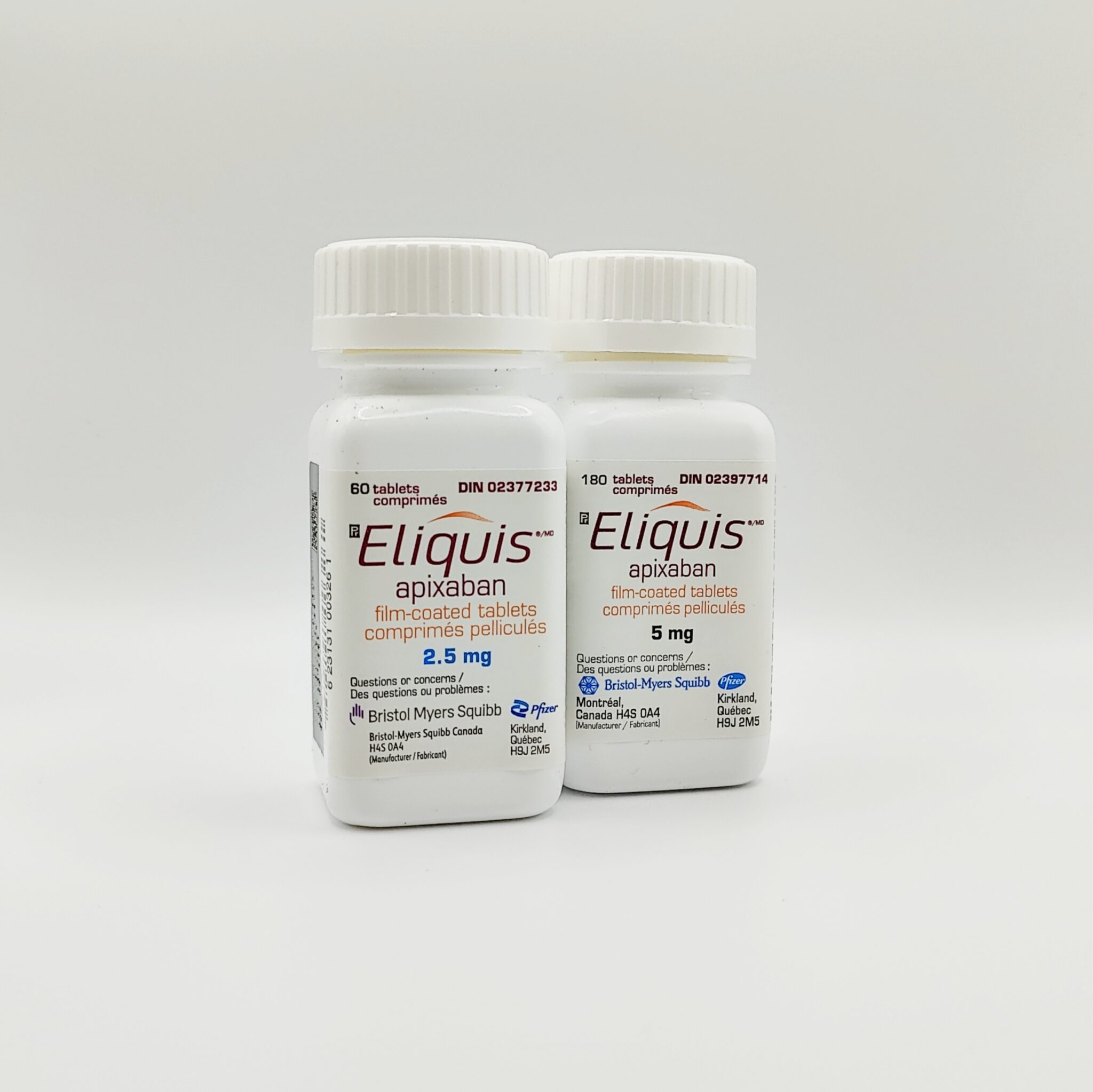
Juggling Eliquis With Other Meds
Is Your Medicine Cabinet a Ticking Time Bomb?
Okay—let’s take a peek (no judgment) in your medicine cabinet. If you’re a typical elder—or taking care of one—there’s probably a fair mix of prescriptions, vitamins, and maybe a few random supplements. Here’s where Eliquis throws a curveball.
- Mixing with aspirin, ibuprofen, or naproxen? Hello, higher bleed risk.
- On SSRIs or SNRIs (those are mood meds)? More risk.
- Even things like St. John’s Wort or ginseng can mess with how Eliquis works.
This is why, seriously, you can’t just start a new supplement because a friend swears by it. Always mention Eliquis to your pharmacist, dentist, or that new doctor at your checkup.
If you want a deep dive into specifics, this rundown from the manufacturer’s safety site is worth a peek.
Living With Eliquis: Practical Tips
Can You Take Charge Without Going Nuts?
So how do you (or your family) keep enjoying life without panicking over every scrape? Honestly, it’s about small swaps and a little extra care. Here are some not-so-obvious tricks I’ve seen work wonders:
| Usual Habit | Risky? | Try This Instead |
|---|---|---|
| Wet shaving | Yep (nicks galore) | Electric razor—much safer |
| Hard toothbrush | Yes (gum bleeds) | Soft bristles or brush gently |
| Contact sports or rough gardening | All kinds of bruises | Wear gloves/Knee pads, or switch to lighter activities |
| Starting a new supplement | Interacts! | Ask your doc or pharmacist first |
True story: My aunt Betty always loved gardening. She started wearing lightweight gloves after one scare with a thorn—no more crazy bruises, and she still gets her tomato fix. That’s a win-win in my book.
Staying on top of your dose (and showing up for blood tests if your doc recommends) is key. And don’t freeze up—if you’re unsure, or if side effects of Eliquis 5 mg twice a day are getting you down, just pick up the phone.
About Stopping Eliquis?
Should You Say Goodbye…Or Just Adjust?
It’s tempting, on a rough day, to toss your pills out the window. But seriously? Stopping Eliquis (or any blood thinner) without a careful plan can set you up for stroke or clots. Not good.
Doctors sometimes lower the dose in elderly patients, especially if bruising, dizziness, or other side effects pile up. Or—if the risks start to outweigh the benefits—they might switch you to something different or pause the med entirely. Curious about decision factors? Tap into advice on When to stop Eliquis in elderly to see how this conversation usually goes.
Honestly, every person is their own case study. Your friend Marnie might breeze through with barely a hiccup, while your husband counts five new bruises a week. So it all comes back to tuning into your experience—and advocating for yourself.
Wrapping Up: Take Care, Stay Curious
If there’s one thing to take away from this little chat, it’s that the side effects of Eliquis in the elderly aren’t some distant myth. They show up in everyday life, sometimes as “just a bruise” and sometimes as a wake-up call. It’s totally normal to feel overwhelmed or nervous, especially with stories floating around (trust me, I’ve heard more than a few over coffee!).
But… you have tools—and you’re not alone. Keep a closer eye on those aches, weird bruises, and bathroom trips; know that persistent or unusual side effects aren’t something to “tough out.” Keep an open line with your doctor, read into things like Side effects of Eliquis 5 mg twice a day, and rally your family or caregivers—sometimes, they spot things we brush off.
Most of all, keep living the life you love—with a little more awareness, a few tweaks, and zero shame. These conversations? They’re how we stay healthy, keep our loved ones safe, and maybe even learn a new trick or two along the way. If you notice something off, or just want someone to double-check your game plan—reach out. You deserve to feel confident, cared for, and informed every step of the way.



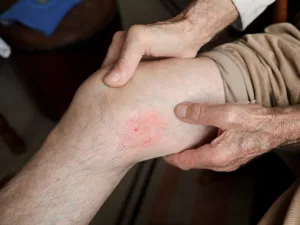


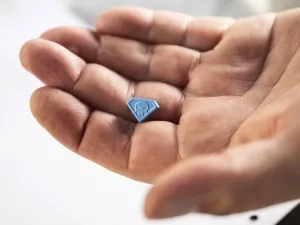


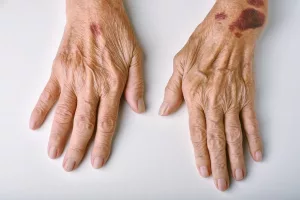











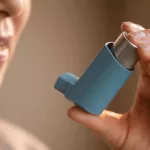



Leave a Reply
You must be logged in to post a comment.